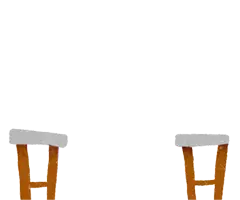Part 3Infectious and notifiable diseases
78Director-General of Health may order post-mortem examination
If the death of any person is suspected to have been due to a notifiable disease and the facts relating to the death cannot with certainty be ascertained without a post-mortem examination, or if it is desirable for preventing the occurrence or spread of a notifiable disease that the facts relating to the death of any person should be ascertained, the Director-General of Health may order a post-mortem examination of the body of the deceased person to be made by a medical practitioner.


